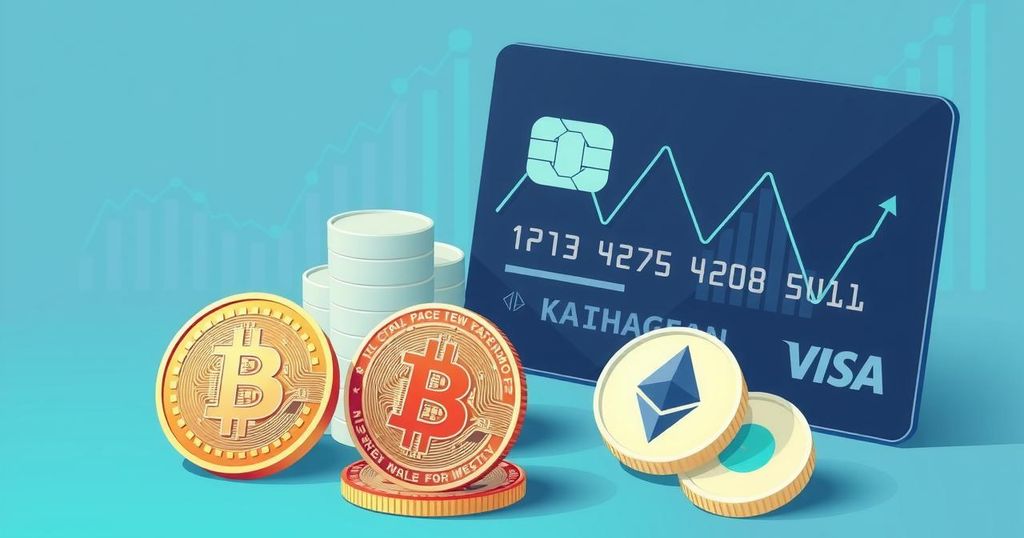Understanding the Impact of Credit Card Purchases on Your Credit Score
Purchasing cryptocurrency using credit can cause a significant drop in your credit score due to increased credit utilization. This article discusses the reasons behind the score decline, including cash advance fees and late payment risks. A recovery strategy was implemented that involved strategic payments, and safer investment alternatives for crypto are suggested. Additionally, regular credit score monitoring and careful budgeting for crypto investments are advised to maintain a healthy financial profile.
When I purchased cryptocurrency using my credit card, my credit score unexpectedly plummeted by 100 points. This shocking drop raised questions about whether cryptocurrency adversely affected my financial health. The reality is more complex; understanding how credit utilisation plays a crucial role in this situation is vital for anyone considering credit-funding digital assets.
The significant decline in my credit score stemmed not from the cryptocurrency itself, but from how the purchase was financed. As noted by Marcus Winters from Wealth Forward Partners, credit bureaus only monitor your debt management, not what you buy. When I charged thousands for Bitcoin or Ethereum, my credit utilisation ratio surged, which accounts for 30% of my FICO score. A spike over 50% can lead to a score drop of 60-100 points overnight, particularly if my balances were previously low, as highlighted by consumer credit analyst Alicia Mendez.
Many credit card companies classify crypto purchases as cash advances, imposing immediate interest rates and fees. This situation creates a financial quagmire, making it challenging to repay balances, thus increasing the risk of late payments and further harming credit scores. The credit score functions like a delicate ecosystem; integrating high-interest crypto purchases can disrupt the balance, leading to detrimental effects. Important traps to consider include spikes in credit utilisation, potential cash advance fees, risks associated with value depreciation, and numerous hard inquiries if applying for new cards.
After witnessing a significant drop in my credit score, I devised a recovery plan focusing on efficiency. Instead of random payments, I strategically paid down balances by transferring them to a 0% APR card and instituted aggressive bi-weekly payments. This approach proved effective; within three months, my score improved by 85 points, with the remaining deficit resolved after maintaining a low utilisation ratio for an additional two months.
To avoid detrimental effects on credit scores, I suggest looking into safer investment alternatives for cryptocurrency, such as using direct bank transfers (ACH) to exchanges, debit cards equipped with robust fraud protection, cash allocated specifically for volatile investments, and dollar-cost averaging with manageable purchasing amounts.
The purchasing dynamic within the cryptocurrency market can trick investors into a false sense of security, incentivising further credit use and perpetuating a risky debt cycle. Financial advisor Thomas Reynolds cautions that funding crypto investments via credit essentially means taking on a high-interest loan for speculative trading, which is generally not advisable.
In light of my experience, I now monitor my credit score weekly, especially before major financial decisions. Regular monitoring serves as a proactive approach to catching potential issues before they escalate, similar to how one might check for visible signs of ageing.
If cryptocurrency truly ignites your passion, consider treating it as a financial wardrobe update—select investments that bolster rather than hinder your financial standing. Designate budgeted cash for cryptocurrency to protect your credit score while engaging in digital asset pursuits. Balancing the excitement of new opportunities with sound financial practices is essential on the journey to financial freedom.




Post Comment